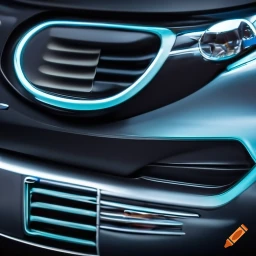
While traditional fuel-powered cars have been the norm for decades, the world is now looking towards electric cars as a viable alternative. Europe is at the forefront of this transition and is expected to lead the world in the adoption of electric vehicles.
Currently, electric cars account for a small percentage of new car sales in Europe, with most people still opting for traditional petrol or diesel vehicles. However, the trend is slowly changing, and more and more people are considering electric cars as a viable option. The shift towards electric cars is driven by the increasing awareness of the environmental impact of traditional cars. Governments in Europe are also putting in place policies and incentives to encourage the adoption of electric cars, such as tax incentives and subsidies.
The European Union has set ambitious goals to reduce greenhouse gas emissions, with a target of reducing emissions by at least 55% by 2030. To achieve this target, it is crucial to reduce vehicular emissions, and one of the most effective ways to do so is to replace traditional cars with electric ones. The EU has set a goal of having at least 30 million zero-emission cars on the road by 2030, which would represent around one-third of the total cars on European roads.
Another factor that will accelerate the shift to electric cars is the development of new battery technology, which will allow for longer ranges and faster charging times. As this technology becomes more widespread, more people will be willing to switch to electric cars. The cost of electric vehicles is also expected to come down as the technology becomes more widespread, making it more accessible to the average person.
While it is difficult to predict exactly when most cars in Europe will be electric, many experts believe it could happen within the next 20-30 years. However, this will depend on a variety of factors, including the development of battery technology, the availability of charging infrastructure, and the cost of electric cars compared to traditional vehicles.
In conclusion, while it may take some time, the shift towards electric cars in Europe is inevitable. With the right policies and incentives in place, along with the continued development of new battery technology, it is only a matter of time before most cars on European roads are electric. The transition to electric vehicles is crucial for the sustainability of our planet, and it is heartening to see Europe taking the lead in this transition.
---
Note: If the text above is not clear, the reason is probably that ShowMoor has encrypted it.
Press the ShowMoor -button, join the community and you can - in addition to this - enjoy everything the service has to offer - for a small subscription fee.